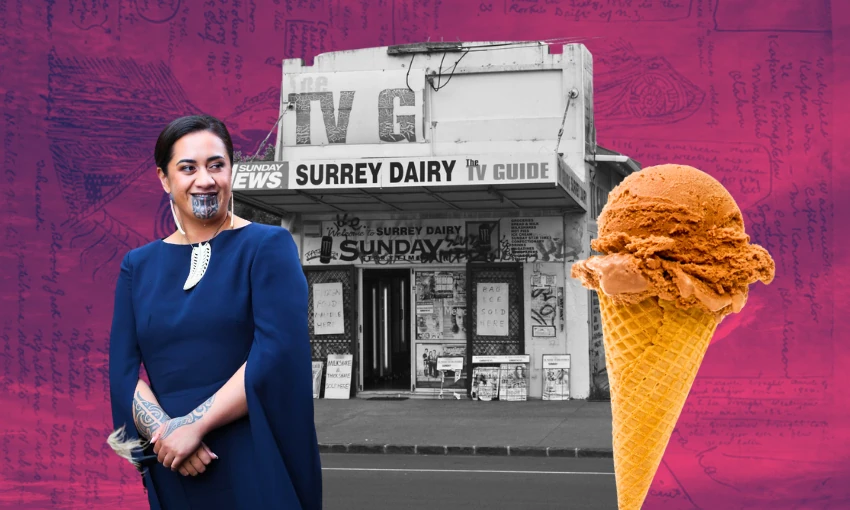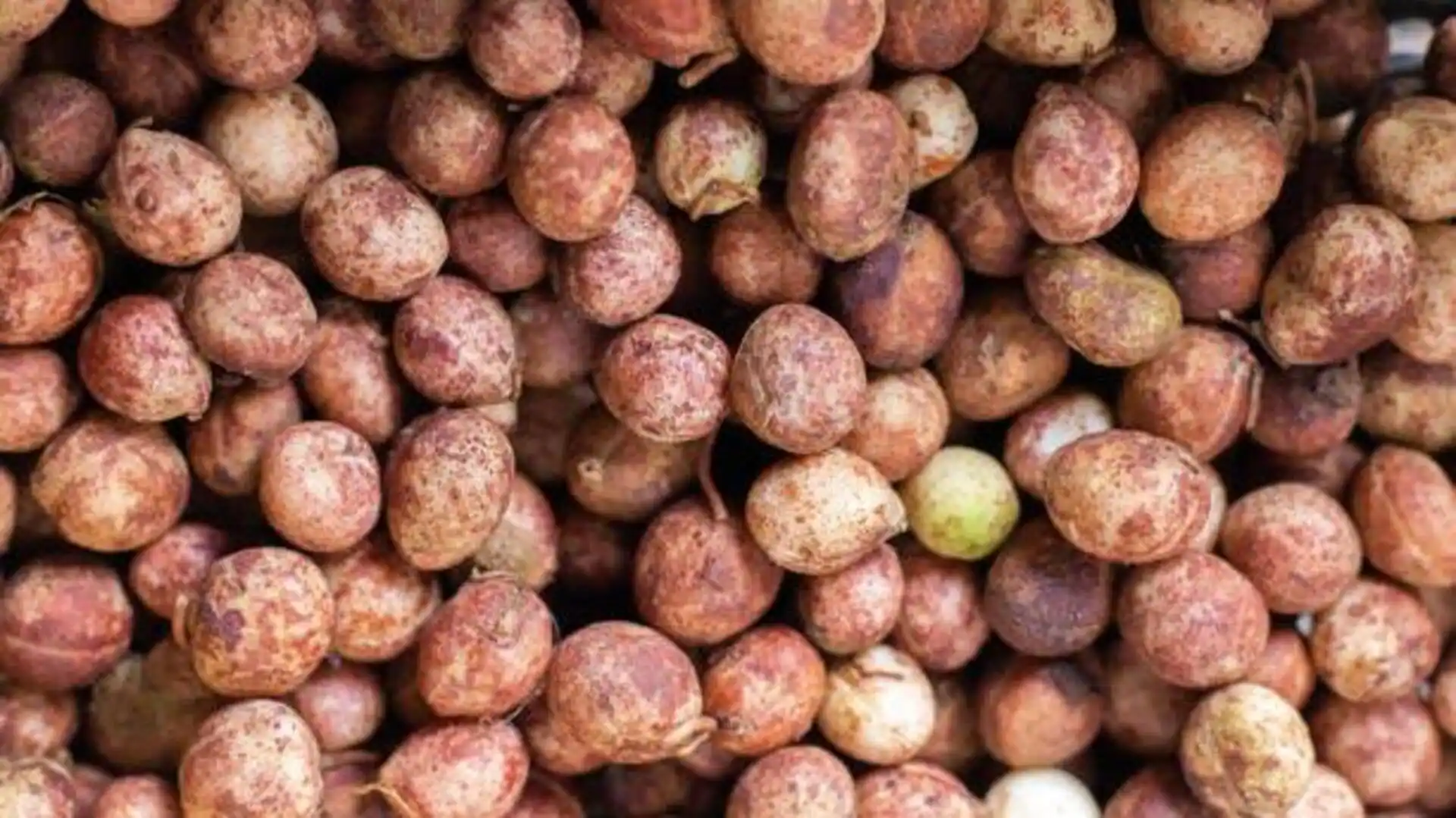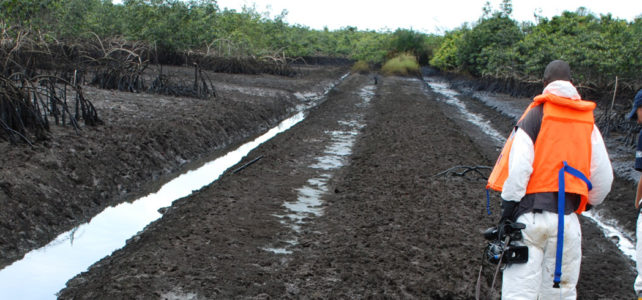By Vincent Olsen-Reeder
Copyright thespinoff

This week is the 50th anniversary of te wiki o te reo Māori. To celebrate, we’re running a three-part series looking at the past, present and future of te reo Māori in Aotearoa. Today, Dr Vini Olsen-Reeder imagines the future of te reo Māori.
Part one: Looking backwards to move forward
Part two: Tending the garden of te reo Māori
“Reo Māori or reo Pākehā?”
The fulla behind the till confidently opts for te reo Māori, and we chat as I finish up paying for my things. We yarn about the weather (he rangi paki) and the chewing gum on the street (te paru hoki!) – we can talk properly now. If you want to know what languages are used in a neighbourhood, go to the local dairy, butcher or gas station. Any sociolinguist will tell you that. They speak how the locals speak.
English is still around of course, but since we’ve been a fully bilingual nation I’ve noticed some changes. An obvious uptick in Māori language use has made life easier for everyone, but an increase in quality English use has calmed the racists down, too. Hell, now they’ve stopped whinging we’ve actually bonded over a shared love of literature and poetics. They used to profess a love of Shakespeare just to hate Māori. Now, they’ve actually read some of his work.
Te reo Māori is the first language of civics, education and of broadcasting in this country. All we did was go back to that, but it’s sent a wave of calm across these islands that has been long awaited. Te reo Māori is good for the soul – he rongoā. Māori have lived in an authoritarian regime since 1840. Is this what democracy feels like?
“E koro.” I come to after zoning out mid-chat.
“Taku hē,” I apologise. “Hei konei anō rā, e hoa.” I nod to the shopkeeper and head out. As I leave, another customer enters. I see them sign to the shopkeeper: “You know NZSL?”
When Te Arikinui Kuīni Ngā wai hono i te pō gave her inaugural address back in 2025, not everyone in Aotearoa could understand it. Her kupu defined me as a parent then. Tino rangatiratia te reo. Haere ariki atu ki te ao. I’m a grandparent now and I see she also defined my mokos. They know her speech, they study it in school. Tino rangatiratia te reo. Haere ariki atu ki te ao. We did that. I remember how back in 2025, old ladies would accost young families in the playground and abuse them for being Māori, speaking Māori. Where’d they go? To sleep with the moa? Meh. Not worth my thought energy. I need to write.
I live to write now – carve stories about the world as it is to a Māori me. My great-grandfather wrote, and so did his father. For years language was a “service industry”, as Dr Darryn Joseph called it. We wrote because there were contracts to write, classes to teach, pronunciation to correct. Now, things are different: we dream in te reo Māori; we compose for the world and narrate its emotions in te reo Māori; we share our work with the world and people are finally ready to receive it. I remember when the bookshelf ended – there was nothing left to read in te reo Māori. Now, I give books away just to make room for more.
The minister for Māori language – first floated by Te Paepae Motuhake in 2011 – is now a cabinet-level role charged with administering the portfolio of Māori language. It’s a role that doesn’t do much for hapū and iwi – we run our language affairs by ourselves. Instead, this role is to parent politicians who lack self-control – a ministry for self-regulation. It was a necessary step in taming the political system after the garbage fire of 2025. Cleanups were necessary and expensive. Career public servants couldn’t stop themselves from binning political neutrality and banning te reo Māori. It was messy.
The minister’s performance is measured by how well she stops her cabinet colleagues from interfering with the language. She has empowered her commissioner to stop public servants meddling with the proper expertise and logic that went into the law and policy we have for te reo Māori. She’s doing a great job.
We’ve just finished a public sector-wide rebrand after a long Royal Commission of Inquiry into the second tranche of te reo Māori banning in our history. English agency names are gone again because, let’s be honest, no one knows the difference between Health New Zealand and the Ministry of Health – we just appreciate what they do.
In the years following 2025, agencies have learned just how important top-down (government-citizen) language is, and how reordering languages to privilege English was nothing more than falling victim to an anti-democratic backslide. Even back then, three in five New Zealanders wanted universal access to te reo Māori in schools. Attitudes around te reo Māori in the media continued to improve. However, they still tried to kill the language off. Governing parties should have done the maths and chosen votes over ciggies. We’re much healthier for it.
Our national statistics office has finally started collecting language data in a way the nation can actually use it. We kept saying merely recording the numbers of speakers was just fodder for racists to compare us against English. We’d complained for generations that it wasn’t very useful information by itself – the office knew it too. Now that they are measuring actual language use with the same measurement frameworks as the rest of the nation, we can work cohesively across the language sector to plan projects and fund initiatives in ways that guarantee an increase not just in our population of speakers, but in the intergenerational transmission of the language at home.
We know exactly where the interpreter demand is, what the need is and how great it’ll be. We’re training the next generation of translators to match demographics and industries of the time. Finally, that office is working with intent for citizens.
My moko don’t care about any of this – they just want the ice cream I’m bringing back. My kids know their pāpā cares about the language, but they chop it up to his old-age eccentricity. September 14, Māori Language Day – reverence day, just another day.



